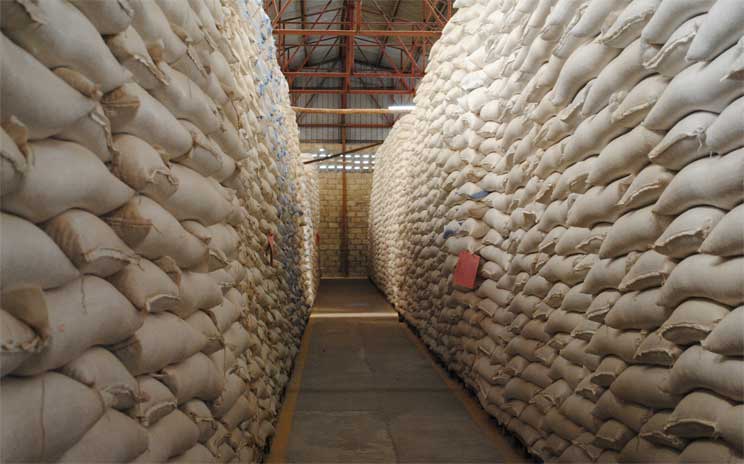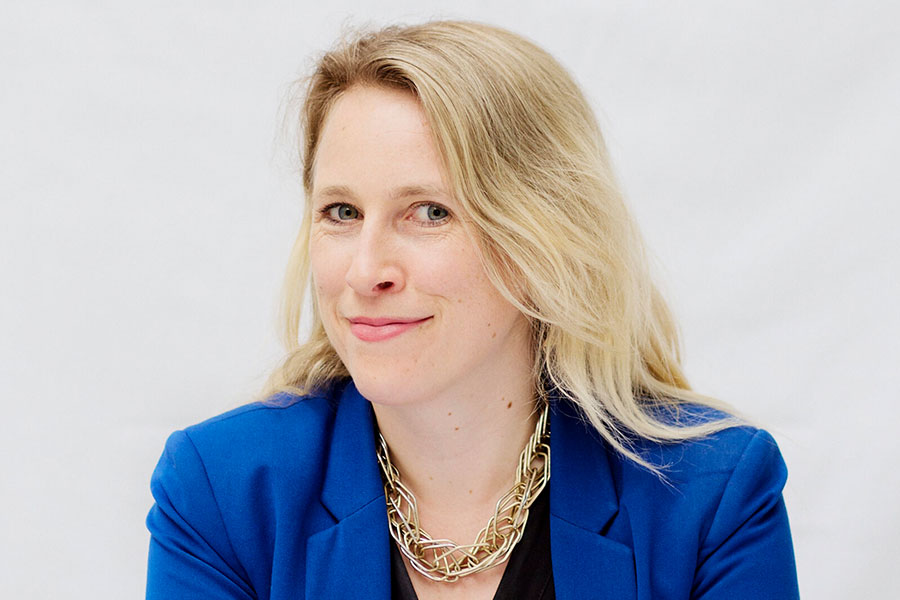
Companies with the privilege to buy fuel directly and in bulk from oil distributors will face a break soon, with the authorities tightening up the noose on their privileges.
The Petroleum & Energy Authority had granted institutions and companies direct access to buy over 46,000lt fuel. The Authority was renamed from the Petroleum & Petroleum Products Supply & Distribution Regulatory Authority and placed under the Ministry of Trade & Regional Integration (MTRI) oversight.
No less than 270 institutions were allowed to buy from one of the 38 oil companies. Combined, they buy over 17 million litres every month. It accounts for a little less than five percent of the fuel distributed across the country. With a fleet size of 750 buses and daily fuel consumption of 30,000lt, Anbessa City Bus Enterprise is one of the companies allowed to buy fuel directly from the oil companies.
However, there were no mechanisms to verify whether the buyers used the fuel for the intended purpose. Officials fear rampant contraband trade in the petroleum distribution access granted to these organizations. The Ministry of Trade & Regional Integration (MTRI) wants to check on the privileged organizations with a directive to control the distribution and use to fuel.
“The aim is to prevent the privilege from being abused,” said Lemessa Tulu, director of fuel distribution at the Authority.
In the coming weeks, the directive is expected to be approved by Gebremeskel Chala, minister for Trade & Regional Integration.
The institutions will be obliged to submit monthly reports on their fuel use and own depots where they store the fuel. Under the supervision of Ahmed Tusa, the Authority takes administrative measures for non-compliance. Penalties may include permit revocations. Ahmed once had served as a state minister for Trade before moving to head the state-owned Ethiopian Shipping & Logistics Services Enterprise and subsequently the Oromia Revenues & Customs Authority.
Last year, the state-run Ethiopian Petroleum Supply Enterprise (EPSE) imported 3.2 million tonnes of petroleum products for 72 billion Br. The oil companies buy them from the Enterprise after shipments reach Djibouti and dispatch them to over 1,300 gas stations in the country.
The Addis Abeba Transport Bureau covers the fuel expenses of Anbessa Bus and Sheger Bus, the latter with a fleet of 425, including 100 school buses. Anbessa, one of the oldest public companies in Ethiopia, serves an estimated 650,000 commuters daily. The Bureau spends 1.5 million Br to cover its monthly fuel expenses.
Fuel use by the Enterprise is prone to theft and mismanagement, concedes Adem Seid, director of procurement and finance.
“We still depend on a manual system for distribution,” he told Fortune.
Abebe Dinku Water & Non-Alcoholic Beverages, the bottler of the "Top Water" brand, began using the privilege three months ago to meet a growing demand brought on by an expansion project the company is undertaking.
“It helps us get fuel without delay,” said Lensa Fufa, a company representative.
Incorporated with an investment of 273 million Br in Tatek Geffersa Nono Wereda of Burayu town, 18Km west of the capital, the company can produce 126,000 bottles of water an hour. It has thus far procured 25,000lt of benzene and 150,000lt of diesel under the arrangement.
TAF Oil Plc, which joined the market in 2011 and operates with more than 100 pumping stations, sells fuel directly to up to 40 institutions. Its managers say the company is already working based on the guidelines set by the Authority.
“We sell fuel to the institutions after receiving approval from the Authority,” said Aschalew Workeye, logistics manager. “After the procurement is done, the matter is not the company's responsibility."
TAF sell 3,000tn of fuel a day.
Federal authorities have been ramping up measures to combat fuel shortages after announcing that fuel subsidies would be lifted next month. They claim contraband trade is causing irregularities and disruptions in domestic fuel distribution. Three months ago, officials of the Trade Ministry introduced a quota regime for 22 towns in the Somali Regional State and nine in southern Oromia Regional State, which they claim are the hubs of cross-border contraband trade. The Ministry has outlined the quota for each town and the fuel volume to be supplied by gas companies based on the number of stations they supply.
Serkalem Gebrekristos (PhD) is a former chief executive officer (CEO) of Dallol Oil. He foresees tightening measures are with temporary success.
“Fuel distribution remains dependent on a traditional system, which requires a serious overhaul,” he said.
PUBLISHED ON
Jun 04,2022 [ VOL
23 , NO
1153]

Fortune News | Sep 21,2019

Radar | Mar 11,2023

Radar | Jul 13,2025

Fortune News | Sep 10,2021

Radar | Jul 07,2024

Dec 22 , 2024 . By TIZITA SHEWAFERAW
Charged with transforming colossal state-owned enterprises into modern and competitiv...

Aug 18 , 2024 . By AKSAH ITALO
Although predictable Yonas Zerihun's job in the ride-hailing service is not immune to...

Jul 28 , 2024 . By TIZITA SHEWAFERAW
Unhabitual, perhaps too many, Samuel Gebreyohannes, 38, used to occasionally enjoy a couple of beers at breakfast. However, he recently swit...

Jul 13 , 2024 . By AKSAH ITALO
Investors who rely on tractors, trucks, and field vehicles for commuting, transporting commodities, and f...

Jul 12 , 2025
Political leaders and their policy advisors often promise great leaps forward, yet th...

Jul 5 , 2025
Six years ago, Ethiopia was the darling of international liberal commentators. A year...

Jun 28 , 2025
Meseret Damtie, the assertive auditor general, has never been shy about naming names...

Jun 21 , 2025
A well-worn adage says, “Budget is not destiny, but it is direction.” Examining t...